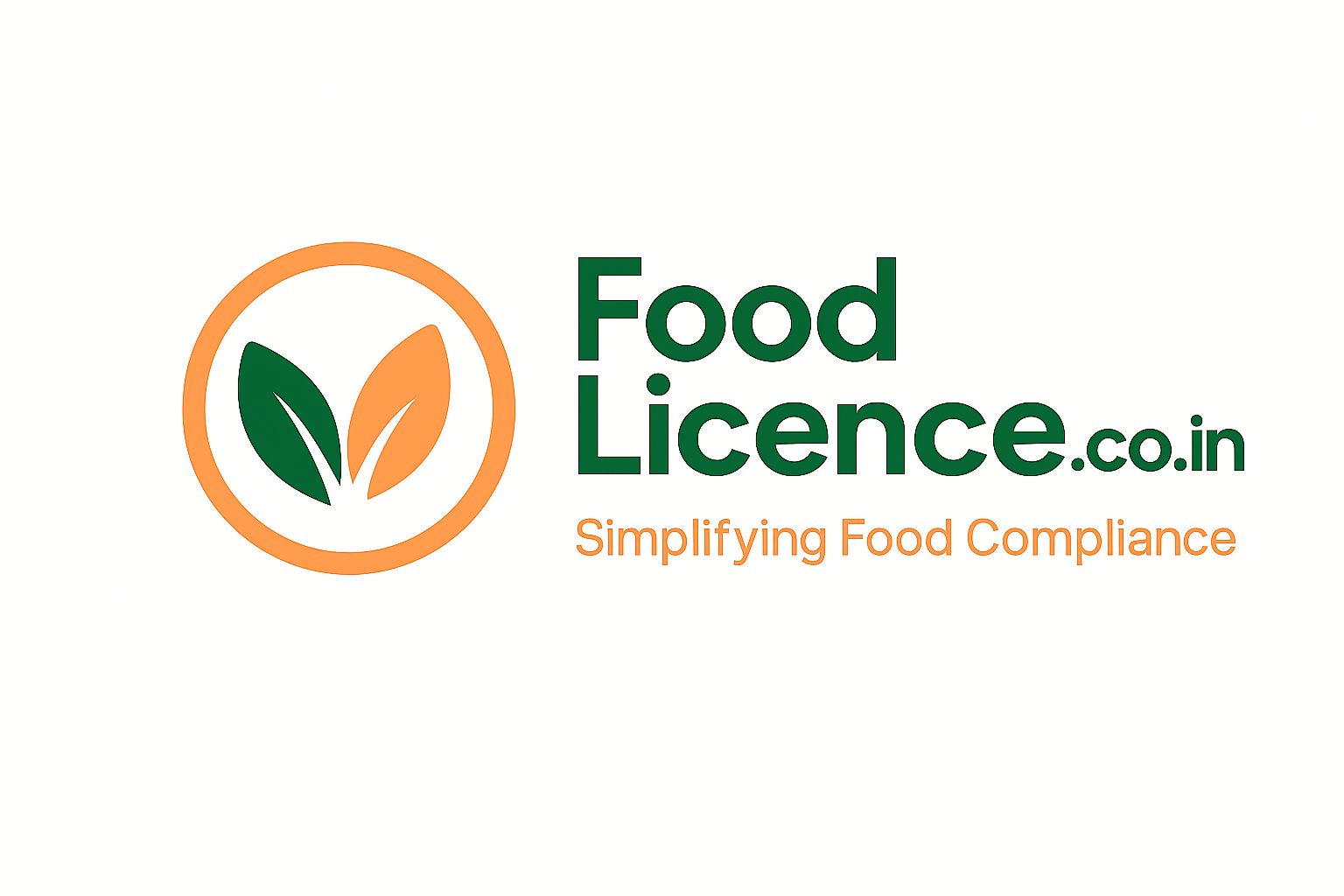
FSSAI Stands for Food Safety and Standard Authority of India and is an independent organization under the Ministry of Health. FSSAI Registrations are mandatory for every Food Business Operator or entity working in the food business, eligible for an FSSAI food safety Registration or License.
The FSSAI came up under the Food Safety and Standards Act, 2006, which consolidated statutes related to food safety and regulation in India. FSSAI is responsible for protecting and promoting public health through various regulations and supervisions of food safety.
The FSS Act is a container for older laws, rules and regulations for food safety, and they modified the entire system by taking seven previous versions of the act and putting them together under one umbrella. These are the seven Acts
There are many aspects to getting a licence from the FSSAI, who want to make sure they protect the consumers of the food from receiving adulterated food or foods of below-par standards. Furthermore, ensuring safety through quality levels and providing satisfaction to every consumer is the aim of every Food Business Operator. They are also the key players in putting together and formulating the controlling procedures for food checks and other inspections. The FSSAI makes sure that Food Business Operator maintains the necessary food quality levels while ensuring safety and providing satisfaction to every consumer.
When getting an FSSAI registration, the Food Business Operator has to also work on getting registered for a Food Licence which would depend on the establishment. There are four main stages when handling an FSSAI registration cycle, including the Food Licence registration and these are:
While documents vary based on the type of registration, overall annual turnover, scalability, and the number of branches of an establishment, these are the documents needed for the licencing process. Additionally, there are a few additional documents as well.
The Basic registration includes businesses having turnover up to 12 lakh in a year. State licenses comprise of businesses with annual turnover between 12 lakh to 20 cr in a year. The central license includes business having annual turnover above 20 cr. These can also include any establishments working on export and import.
It is mandatory for an FBO to have a valid licence and there are harsh penalties for running establishments using expired licences. The renewal process has to compulsorily begin before the expiration and letting the licence expire only causes more issues later.
FSSAI licences have a validity of about a year and in some Indian states a little longer. Since the renewal process takes about 60 days, post submitting all the documents, FBOs are encouraged to apply 30 days before the FSSAI License Expiration date to continue the business.